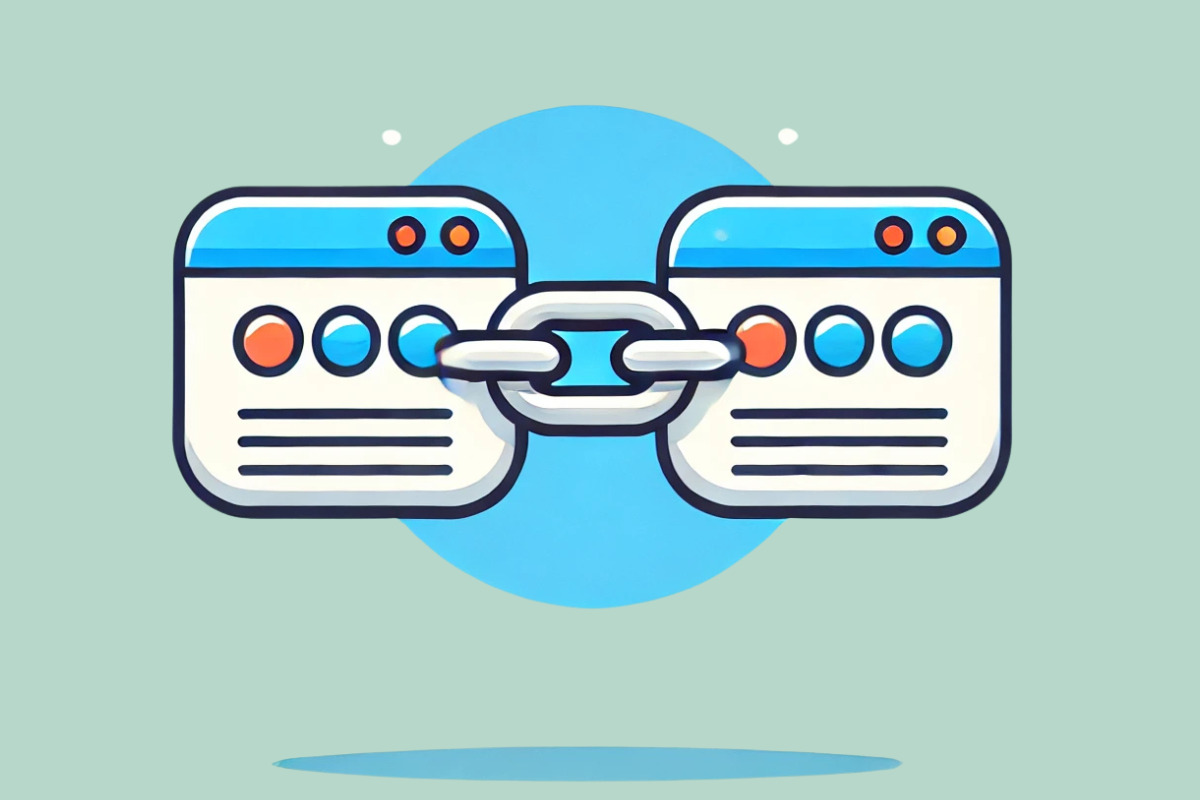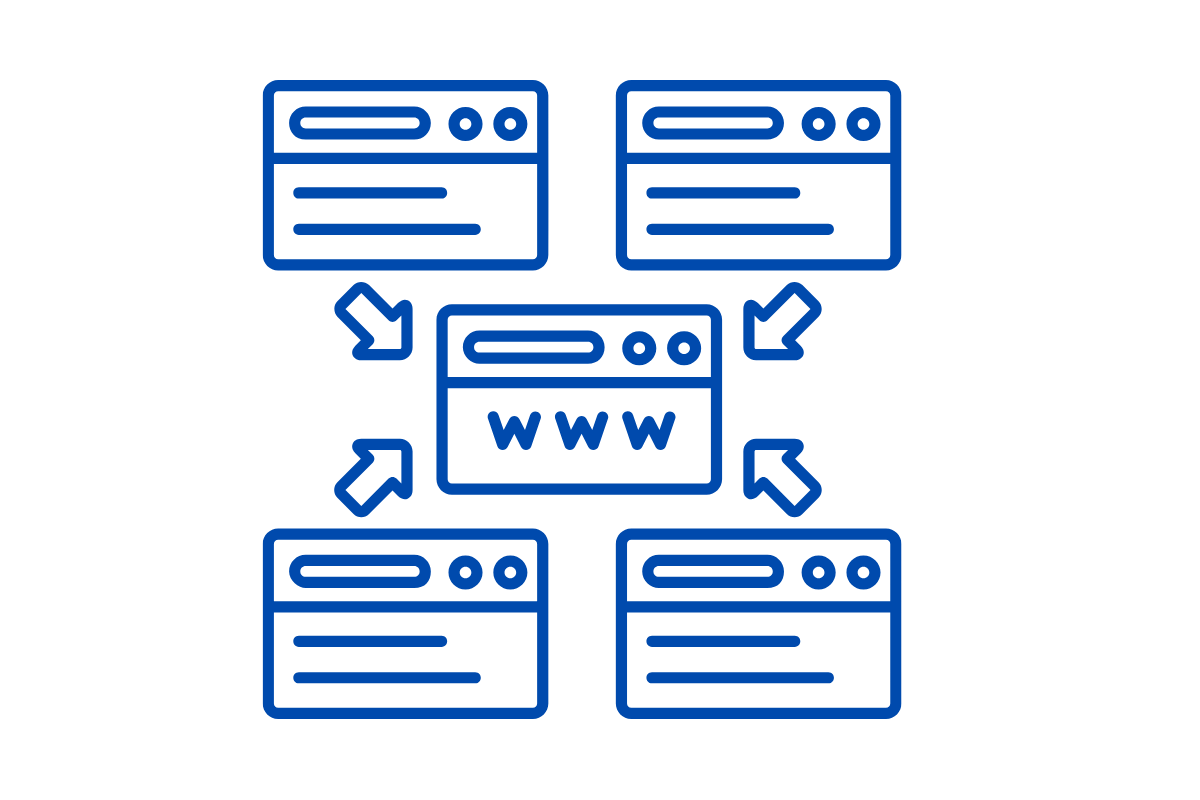Connect
Address
Office 4/184 Pier St,
Perth WA 6000, Australia
Perth WA 6000, Australia
Backlinks are the backbone of SEO. Learn why they matter, how to build them ethically, and how they boost your rankings and drive traffic to your site.

If you’ve been around the SEO world for more than 5 minutes, you’ve probably heard people talking about backlinks like they’re the golden ticket to the top of Google’s rankings.
Even if you’re unfamiliar with SEO and you’ve only spent 5 minutes on the internet, chances are you’ve probably clicked a backlink.
But what exactly are backlinks, and why do they matter so much?
Backlinks are more than just links—they’re votes of confidence. They’re one website saying to another, “Hey, this content is worth checking out.” And Google listens. In this guide, we’ll break down what backlinks are, why they matter, and how you can build them ethically to boost your website’s performance.
If you are in the marketing for a better backlinking strategy, get in touch with Yikes! Marketing. Our team can help you with outreach and content creation, delivering your content to more places and ultimately driving more traffic to your website.
At their core, backlinks are hyperlinks from one website to another. Think of them as digital referrals. When a website links to your content, it’s like they’re giving your site a public shoutout.
Backlinks come in two main flavours:

(Image: Backlinks can provide authority, rankings and traffic)
Backlinks are one of Google’s top-ranking factors. In fact, studies show that the number of referring domains correlates strongly with higher search rankings. But it’s not just about quantity—it’s about quality.
Here’s why backlinks are so important:
Google sees backlinks as endorsements. The more high-quality websites linking to you, the more credible your site appears.
Example:
If Forbes, BBC, or a trusted industry blog links to your article, it tells Google, “This content is valuable and trustworthy.” This can boost your domain authority and help you climb the rankings.
Backlinks don’t just help with rankings—they also send direct traffic to your site.
Example:
Let’s say a kitchenware company links to your recipe site in a post about easy weeknight dinners. Readers clicking on that link are already interested in what you offer, which means higher engagement and potentially more conversions.
Backlinks are like votes in an election—but not all votes are equal. High-quality backlinks from reputable sites carry more weight than dozens of links from sketchy, low-quality sites.
According to Moz, the key factors Google evaluates in a backlink include:
Not all backlinks are created equal. A single backlink from a trusted, high-authority site can be more valuable than hundreds of links from low-quality sources.
Here’s what makes a backlink high-quality:
Example:
If you own a travel blog, a backlink from Lonely Planet about “Top Destinations for 2024” is much more valuable than a link from a random online casino.
Backlinks can come from a variety of sources, each with its own benefits. Here are a few common types:
These occur naturally when someone references your content because they found it valuable.
Example:
A tech site writing about cybersecurity best practices links to your in-depth guide on password management.
These are links you include in content written for another website.
Example:
You write an article about “The Future of Electric Cars” for an auto blog and link back to your research on EV statistics.
These come from online directories that list businesses or resources.
Example:
Your local bakery gets a backlink from Yelp or a regional “Best Businesses” directory.
Links from platforms like Twitter, Facebook, or Pinterest. While they’re often no-follow, they can drive traffic and increase visibility.

(Image: Types of backlinks)
Let’s get one thing straight: buying bad backlinks or using spammy tactics is a recipe for disaster. Google penalises sites caught gaming the system, and those penalties can be brutal.
Instead, focus on ethical, long-term strategies:
The best way to earn backlinks? Create content people want to share. Think in-depth guides, original research, or entertaining, shareable pieces.
Example:
An article titled “The Ultimate Beginner’s Guide to Personal Finance” with easy-to-understand tips is more likely to attract backlinks than a thin piece of content with little value.
Sometimes, all it takes is a polite email to get a backlink. Identify websites that would benefit from linking to your content and make your case.
Pro tip:
Personalise your outreach. Don’t send a generic “Hi, link to me!” email. Instead, explain why your content adds value to their audience.
Writing guest posts is one of the most effective ways to build high-quality backlinks. Just make sure the sites you pitch are relevant to your niche and have a strong domain authority.
Use tools like Ahrefs or SEMrush to find broken links on other websites. If a link is dead, reach out to the site owner and suggest your content as a replacement.
Promote your content on social media platforms to increase its visibility. The more eyes on your content, the more likely it is to earn backlinks.
Not all backlink strategies are ethical—or effective. Here’s what to steer clear of:
Backlinks are one of the most powerful tools in your SEO arsenal, but they’re not about chasing numbers. Focus on building a diverse, high-quality backlink profile by creating valuable content, fostering relationships, and staying ethical in your approach.
Need help crafting a backlink strategy that works? Yikes! Marketing can help you earn the links that matter most. Let’s chat and take your website to the next level. Reach out today!
